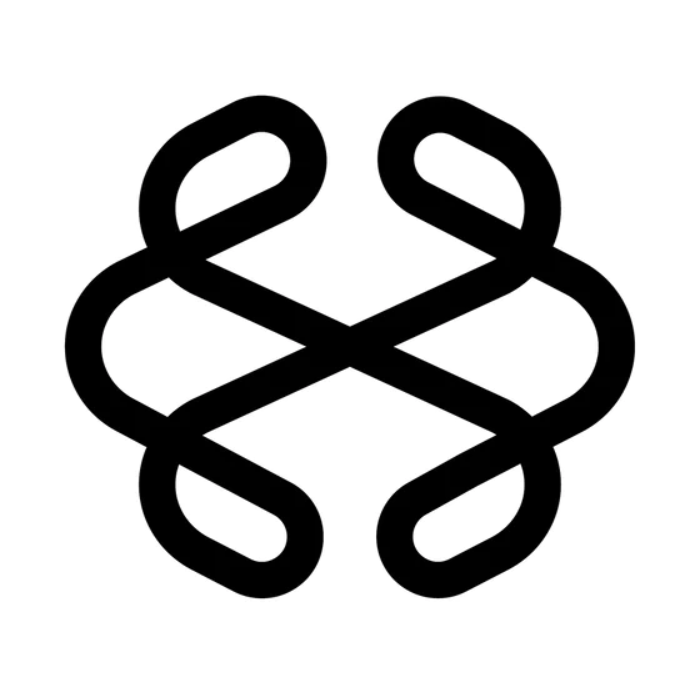Question Easy:
A 45-year-old male presents with dysuria, increased urinary frequency, and urgency. A urine dipstick test shows positive nitrites and leukocytes. What is the most likely diagnosis?
A) Benign prostatic hyperplasia (BPH)
B) Bladder cancer
C) Acute cystitis (UTI) 🚽
D) Kidney stones
E) Interstitial cystitis
Question Easy Answer:
C) Acute cystitis (UTI) 🚽
Question Easy Explanation:
The patient’s symptoms of dysuria, increased urinary frequency, and urgency, combined with positive nitrites and leukocytes on a urine dipstick test, strongly suggest acute cystitis (UTI). According to NICE guidelines, these indicators are typical for urinary tract infections, particularly in men under 50.
Question Medium:
A 28-year-old woman presents with flank pain, fever, and chills. A urine culture shows Escherichia coli. What is the most appropriate initial treatment?
A) Trimethoprim
B) Ciprofloxacin
C) Co-amoxiclav
D) Nitrofurantoin
E) Cefalexin
Question Medium Answer:
C) Co-amoxiclav
Question Medium Explanation:
According to the NICE guidelines, for a case of acute pyelonephritis, which this patient’s symptoms suggest, empirical treatment often starts with co-amoxiclav. E. coli is a common pathogen, and co-amoxiclav is an appropriate initial empirical treatment. Nitrofurantoin and trimethoprim are generally used for lower urinary tract infections rather than for pyelonephritis.
Question Hard:
A 60-year-old man presents with painless hematuria. He reports significant weight loss, fatigue, and intermittent fever. Ultrasound reveals a mass in the right kidney. What is the most likely diagnosis?
A) Renal cell carcinoma 🔬
B) Bladder carcinoma
C) Transitional cell carcinoma
D) Acute glomerulonephritis
E) Wilms’ tumor
Question Hard Answer:
A) Renal cell carcinoma 🔬
Question Hard Explanation:
Painless hematuria, weight loss, fatigue, and a renal mass on ultrasound point toward renal cell carcinoma. According to NHS guidelines, these are classic presenting features of renal cell carcinoma, a malignancy associated with the kidneys.
Medical fact of the day:
The kidneys filter about 180 litres of blood every day, which is approximately 50 times the total blood volume in the body. This filtration process is essential for removing waste products and maintaining electrolyte balance.
Quote of the day:
“The art of medicine consists of amusing the patient while nature cures the disease.” – Voltaire
